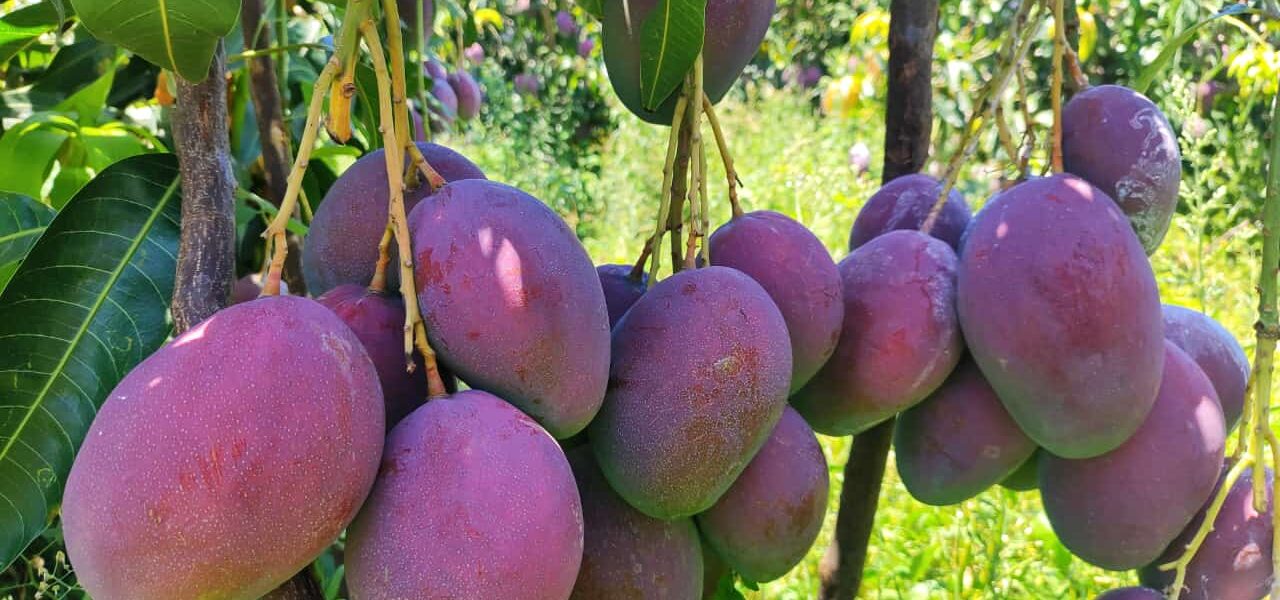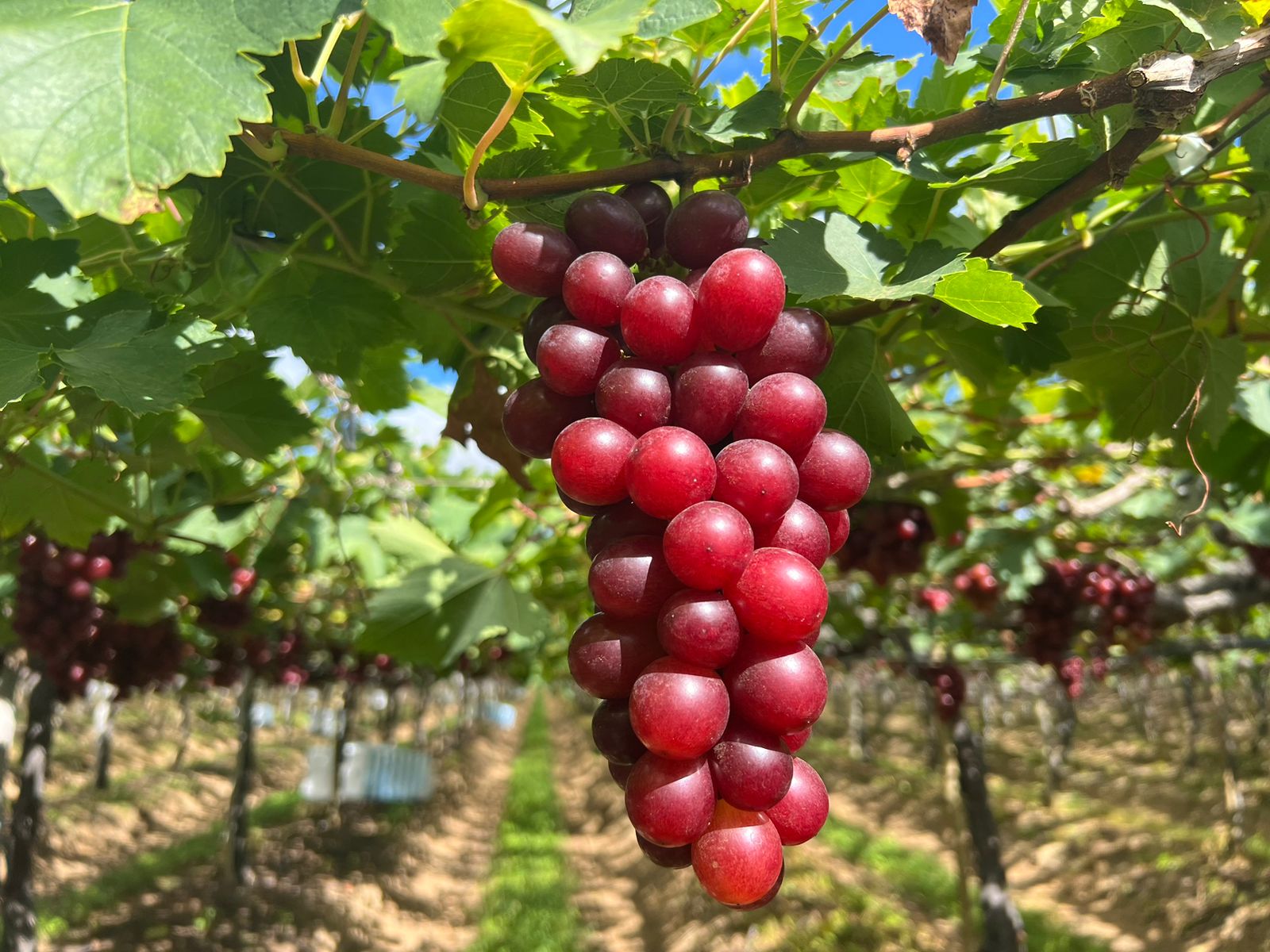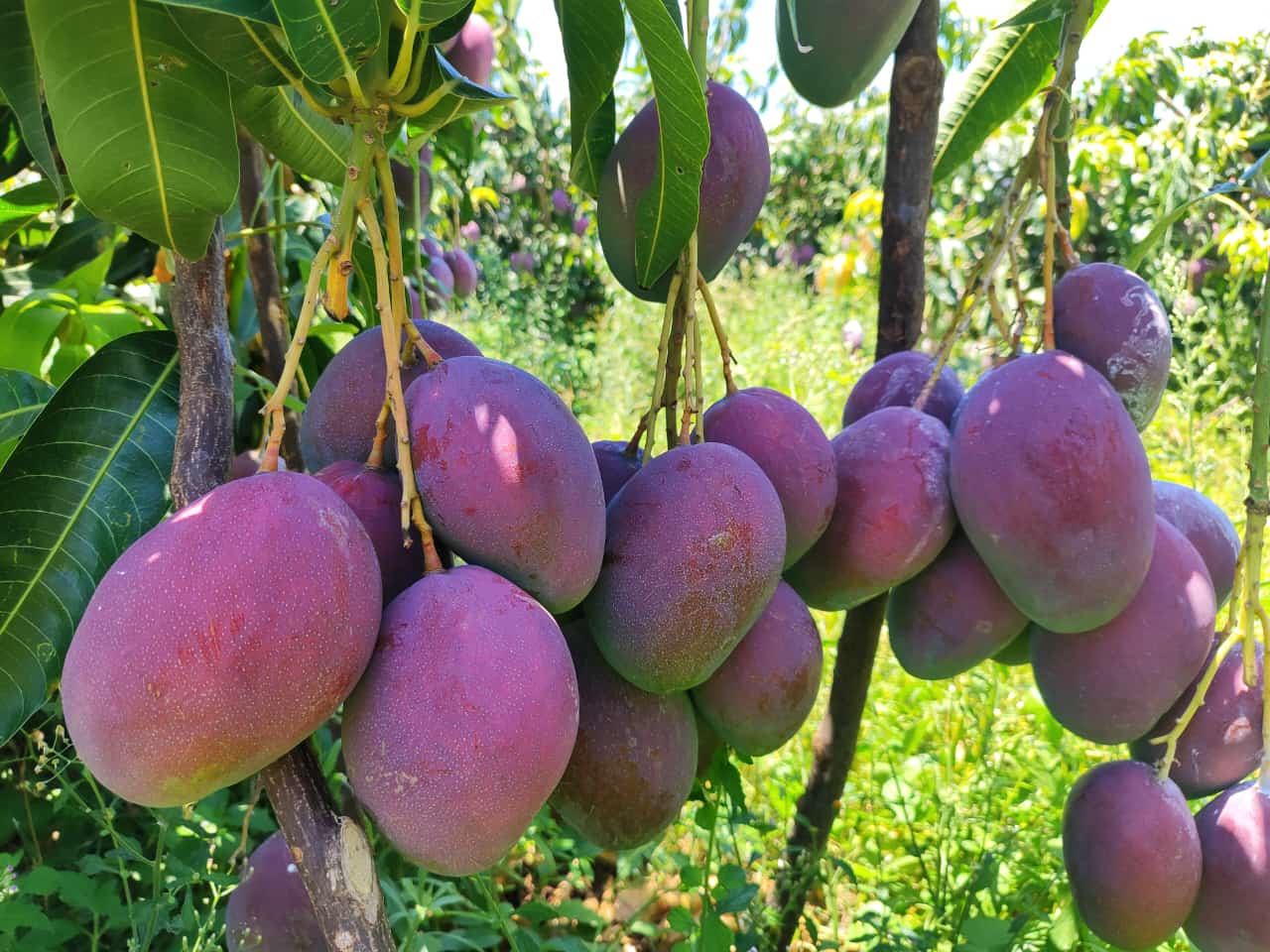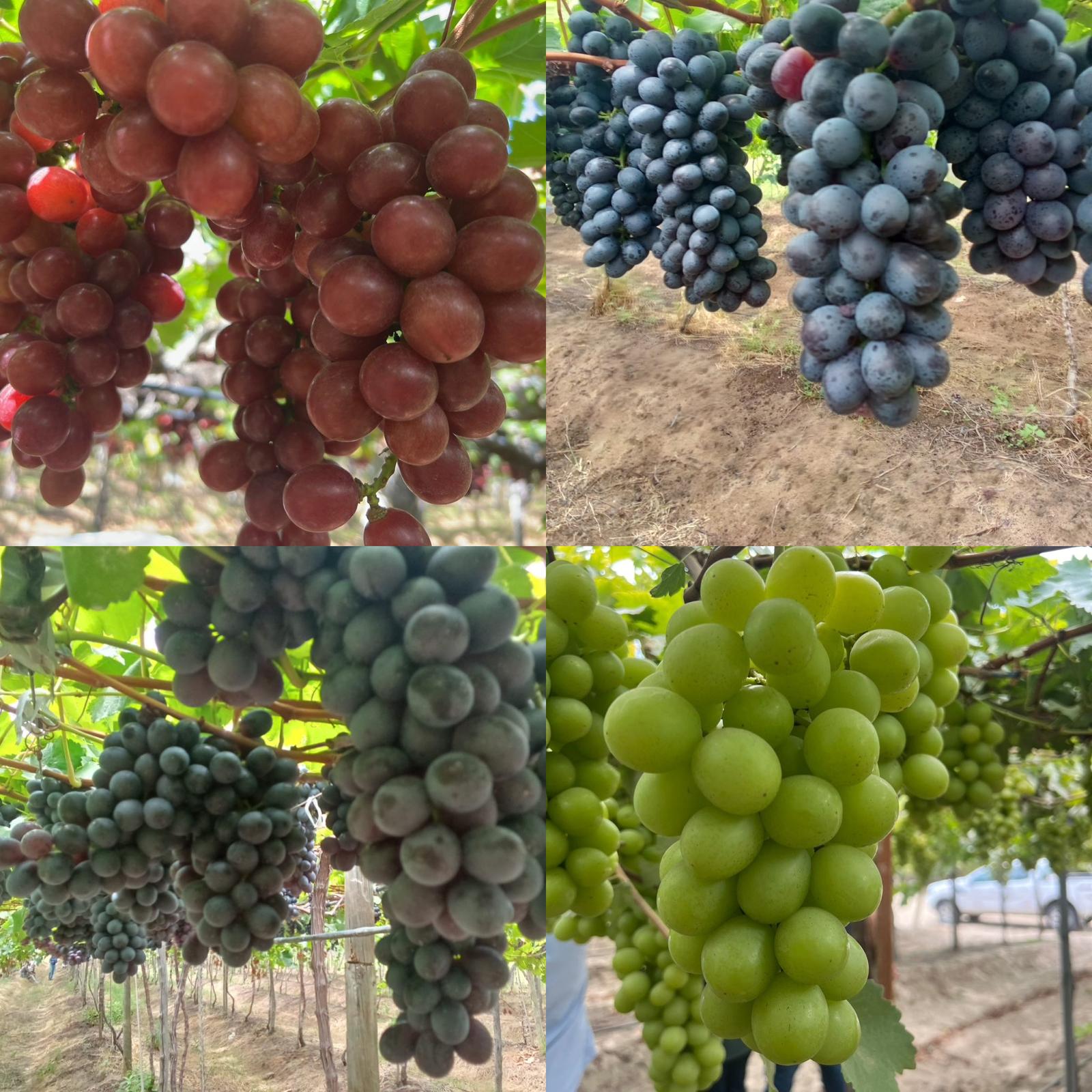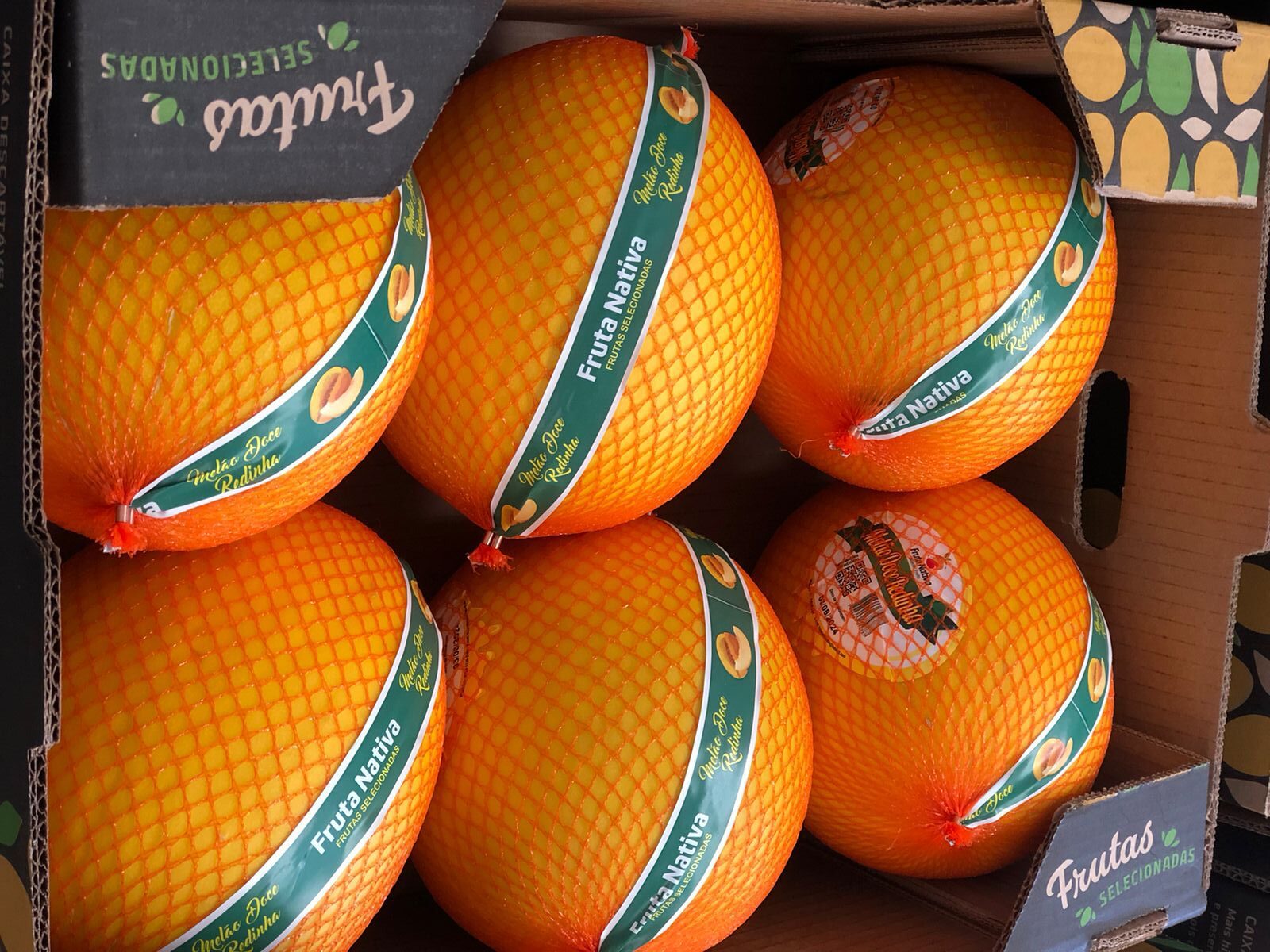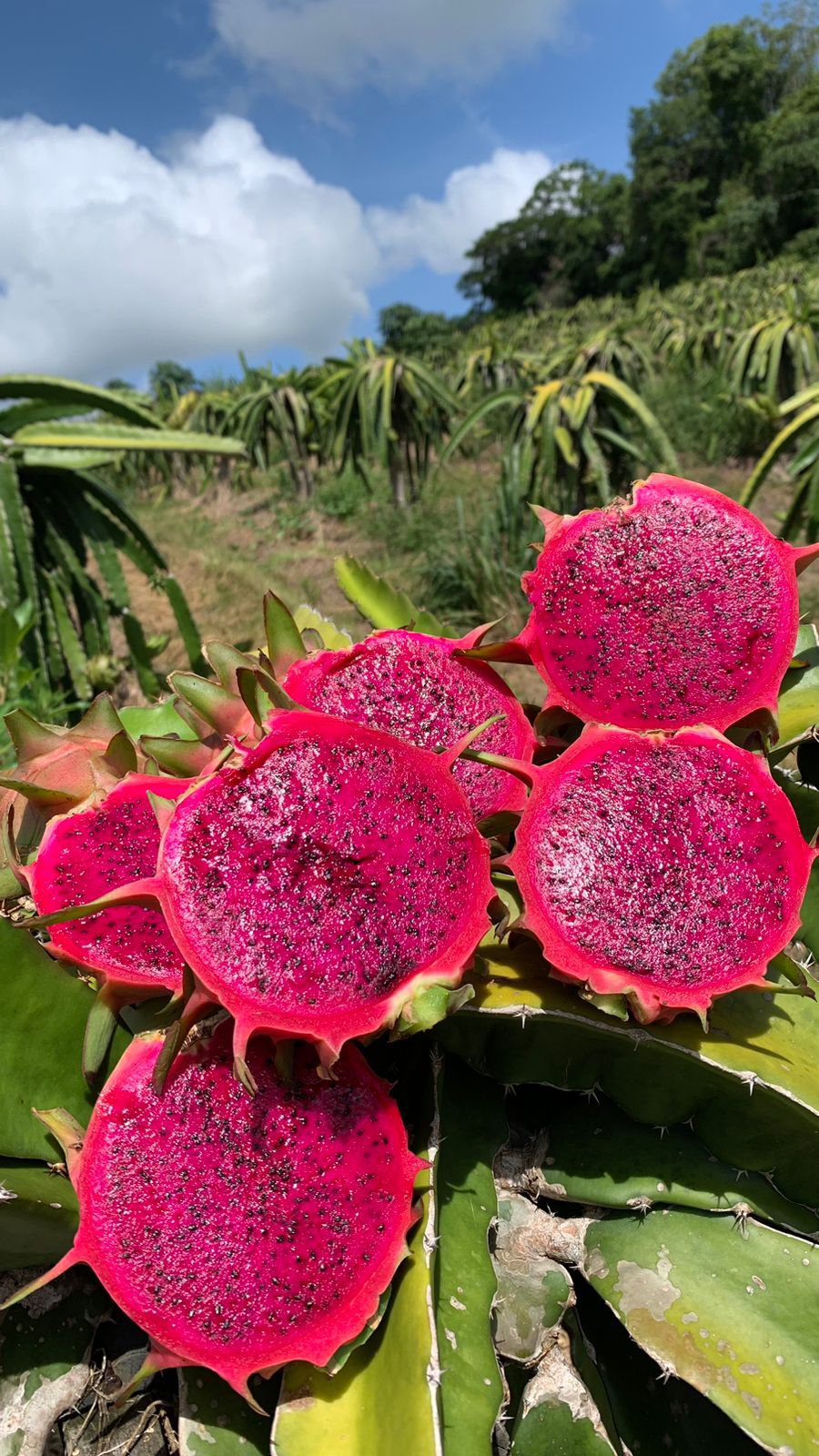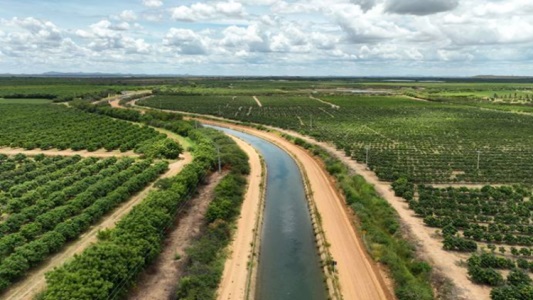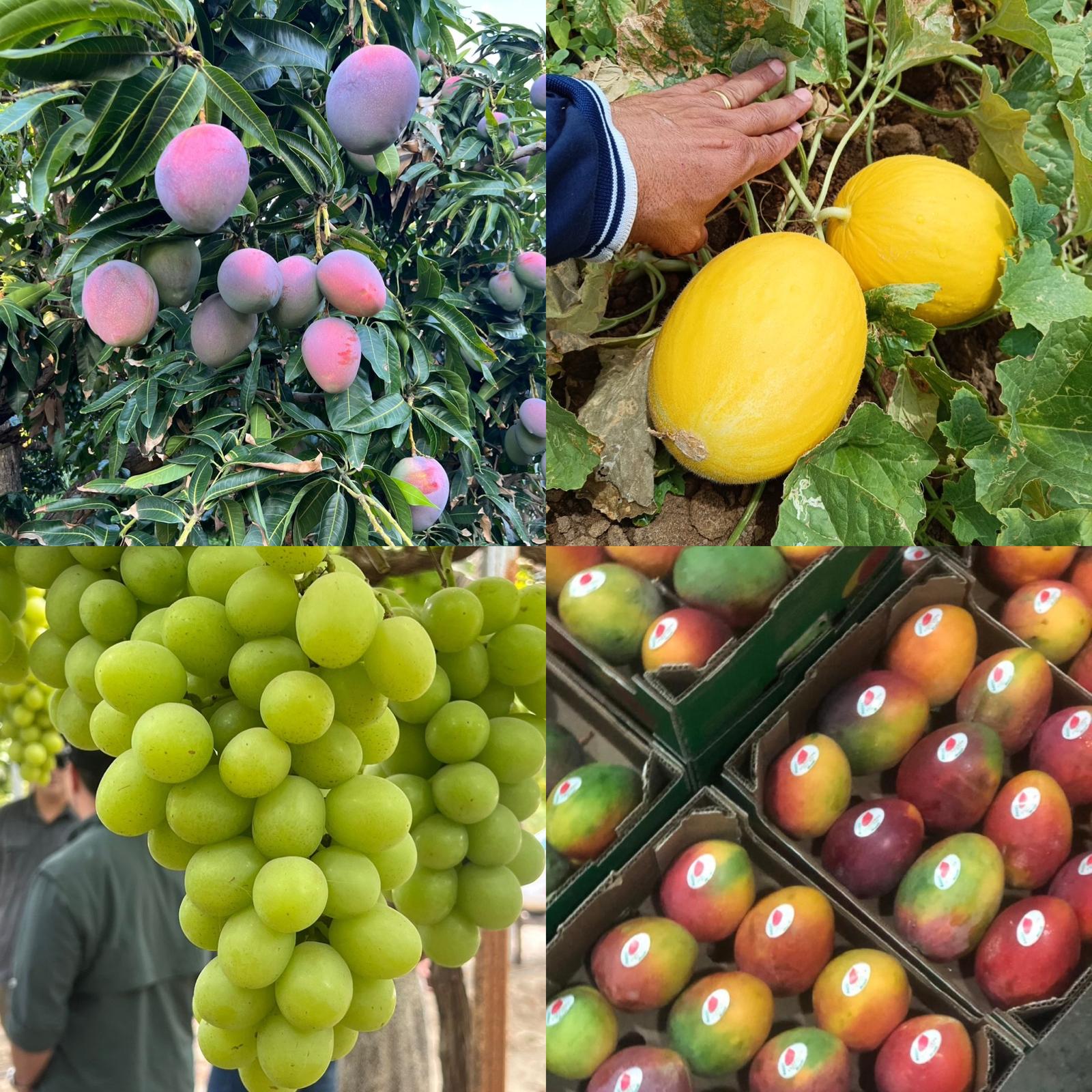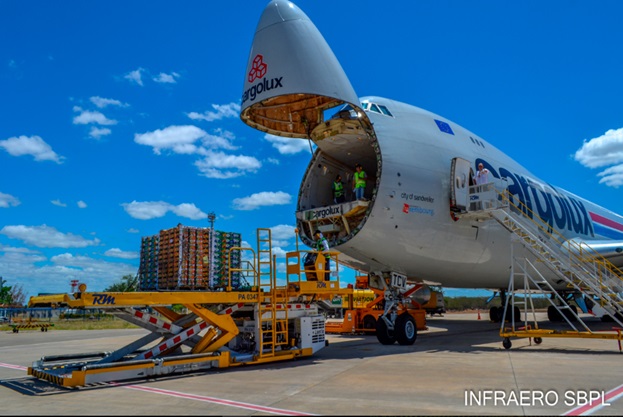Contents
- 1 The São Francisco Valley is a Beacon of Agricultural Innovation and Sustainability
- 2 Prof. Aécio D’Silva, Ph.D. AquaUniversity
- 3 The Climate and Environment: A Perfect Blend
- 4 Irrigation: The Lifeline of the Valley
- 5 Mangoes: The Sweetest Delight
- 6 Grapes: A Vineyard in the Tropics
- 7 Papayas: Tropical Goodness
- 8 Melons: Refreshing and Nutritious
- 9 São Francisco Valley is also home to a rich variety of other premium-quality fruits.
- 10 The São Francisco Valley is a beacon of agricultural innovation and sustainability
- 11
- 12 Advanced Irrigation Systems
- 13 Climate Adaptation
- 14 Soil Management
- 15 Integrated Pest Management (IPM)
- 16 Technological Innovations
- 17 Research and Development
- 18 Sustainability: A Commitment to the Future
The São Francisco Valley is a Beacon of Agricultural Innovation and Sustainability
Prof. Aécio D’Silva, Ph.D.
AquaUniversity
Nestled in the Northeast of Brazil, the São Francisco Valley is a lush oasis that defies the arid surroundings. This region is renowned for its exceptional fruit production, offering a bounty of fresh, high-quality fruits all year round. Thanks to its favorable climate and advanced irrigation techniques, the São Francisco Valley has become a cornerstone of Brazil’s agricultural prowess.
The Climate and Environment: A Perfect Blend
The São Francisco Valley enjoys a unique climate that is ideal for fruit cultivation. With over 300 sunny days a year and a consistent temperature range, the region provides the perfect conditions for growing a variety of fruits. The semi-arid climate, combined with the São Francisco River’s irrigation, ensures that the fruits are abundant and of the highest quality.
Irrigation: The Lifeline of the Valley
The São Francisco River is the valley’s lifeblood, providing essential water for irrigation. Advanced irrigation systems have transformed this semi-arid region into a fertile paradise. These systems ensure that water is used efficiently, allowing for the cultivation of fruits even during dry periods. This sustainable approach has made the São Francisco Valley a model for agricultural innovation.
Mangoes: The Sweetest Delight
Mangoes are one of the standout fruits of the São Francisco Valley. The region produces over 60% of Brazil’s mangoes output (963,000 tons, produced on 29,600 hectares). São Francisco Valley mangoes are known for their exceptional sweetness and juiciness. The consistent climate and fertile soil contribute to the superior quality of these mangoes, making them a favorite both locally and internationally.
Grapes: A Vineyard in the Tropics
The São Francisco Valley is also famous for its grape production. The region accounts for 62% of Brazil’s table grape production (207,700 tons).
The grapes grown here are not only used for fresh consumption but also for producing high-quality wines. The unique climate allows for multiple harvests each year, ensuring a constant supply of fresh grapes.
Papayas: Tropical Goodness
Papayas from the São Francisco Valley are another highlight. These fruits are celebrated for their rich flavor and nutritional benefits. The valley’s climate ensures that papayas are available throughout the year, providing a steady supply of this tropical delight to markets around the world.
Melons: Refreshing and Nutritious
Melons thrive in the São Francisco Valley, benefiting from the region’s sunny climate and efficient irrigation. These melons are known for their sweetness and refreshing taste, making them a popular choice for consumers looking for a healthy and delicious snack.
In addition to mangoes, grapes, papayas, and melons, the São Francisco Valley is home to a diverse array of other Fruits of exceptional quality. Here are some notable ones:
- Bananas: The region produces a significant number of bananas, known for their rich flavor and nutritional value.
- Guavas: These fruits are celebrated for their sweet taste and are used in various culinary applications.
- Limes: The valley is also a major producer of limes, which are essential for both local cuisine and export.
- Passion Fruit: Known for its unique flavor and aroma, passion fruit from this region is highly sought after.
- Acerola: This small, cherry-like fruit is packed with vitamin C and is popular in juices and smoothies.
- Coconuts: The region’s climate is perfect for growing coconuts, which are used for their water, milk, and meat.
- Dragon-Fruits: The region’s climate is also perfect for growing dragon fruit, with its vibrant pink or yellow skin and speckled white or red flesh, is known for its mildly sweet, refreshing flavor and crunchy, edible black seeds. Rich in antioxidants, fiber, and vitamin C, it offers health benefits while providing a hydrating, low-calorie snack.
The São Francisco Valley’s ability to produce such a wide variety of fruits year-round is a testament to its favorable climate and advanced agricultural practices
The São Francisco Valley is a beacon of agricultural innovation and sustainability
The São Francisco Valley is a beacon of agricultural innovation, collaborative intelligence, and sustainability, employing a variety of advanced farming techniques to maximize productivity and eco-friendly practices. Here are some key methods used in the region:
Advanced Irrigation Systems
The backbone of the São Francisco Valley’s agricultural success is its sophisticated irrigation systems. The region utilizes drip irrigation extensively, which delivers water directly to the plant roots, minimizing waste and ensuring efficient water use. This method is particularly crucial in the semi-arid climate of the valley, where water conservation is essential.
Climate Adaptation
Farmers in the São Francisco Valley have adapted their practices to the unique climate of the region. They use climate-controlled greenhouses and shade nets to protect crops from extreme temperatures and pests. This allows for the cultivation of high-quality fruits throughout the year, regardless of seasonal changes.
Soil Management
Soil health is a priority in the São Francisco Valley. Farmers employ crop rotation and organic fertilizers to maintain soil fertility and structure. These practices help prevent soil degradation and ensure long-term productivity. Additionally, cover cropping is used to protect the soil from erosion and improve its organic matter content.
Integrated Pest Management (IPM)
To minimize the use of chemical pesticides, the São Francisco Valley employs Integrated Pest Management (IPM) techniques. This approach combines biological control, such as introducing natural predators, with cultural practices like crop rotation and the use of resistant varieties. IPM helps maintain a balanced ecosystem and reduces the environmental impact of farming.
Technological Innovations
The region is at the forefront of agricultural technology. Farmers use precision agriculture tools, such as GPS-guided equipment and drones, to monitor crop health and optimize resource use. These technologies enable precise application of water, fertilizers, and pesticides, enhancing efficiency and reducing waste.
Research and Development
Continuous research and development are crucial to the São Francisco Valley’s agricultural success. Institutions like EMBRAPA (Brazilian Agricultural Research Corporation) and international consultants collaborate with local farmers to develop new crop varieties and improve farming techniques. This partnership ensures that the region remains competitive and sustainable.
Sustainability: A Commitment to the Future
Sustainability is a core principle in the São Francisco Valley. Farmers are committed to practices that protect the environment and ensure the long-term viability of their operations. This includes water conservation, energy-efficient technologies, and renewable energy sources.
The combination of these advanced agricultural techniques has transformed the São Francisco Valley into a fruit-producing powerhouse capable of delivering high-quality products year-round for both the domestic market and export. Logistics is another strong point of the Valley. The local airport and proximity to ports (Suape-PE, Pecém-CE, and Salvador-BA) allow importers from other countries to receive their fruits safely, with quality, and on time. The region’s commitment to innovation, collaborative intelligence, and sustainability sets a benchmark for agricultural practices worldwide.
The São Francisco Valley is not just about quantity; it’s about exceptional quality and sustainability. Farmers in the region employ sustainable practices to ensure that the land remains fertile and productive for future generations.
To conclude, The São Francisco Valley is a testament to what can be achieved with the right combination of climate, innovation, and dedication. This region has transformed into Brazil’s largest producer of top-quality fresh fruits, available 12 months a year. The sweet, juicy fruits from this valley are a true reflection of the region’s agricultural excellence and commitment to sustainability.
References:
https://brazilianfarmers.com/news/brazilian-fruit-farming-diversity-and-sustainability-to-feed-brazil-and-the-world/ .
https://revistacultivar.com/articles/high-tech-irrigated-fruit-farming-the-magic-of-dripping-in-the-caatinga-of-the-S%C3%A3o-Francisco-Valley .
https://ainfo.cnptia.embrapa.br/digital/bitstream/doc/1146098/1/Estimation-of-Genetic-Parameters-and-Prediction-of-Breeding-Values-for-Fruit-Quality-2022.pdf .
